Falling asleep in the car can be a practical choice—whether it’s to avoid drowsy driving, save money on lodging during a road trip, or simply catch a quick nap between shifts. But is it legal in Pennsylvania? The short answer: there is no statewide law that outright bans sleeping in your car, but where and how it’s done can quickly create legal trouble. This comprehensive guide breaks down Pennsylvania rules, local ordinances, DUI risks, rest area policies, best practices, and practical tips to stay safe and compliant.
Why People Sleep in Their Cars in Pennsylvania
Sleeping in a car isn’t just a choice for some—it’s a necessity driven by various factors. Economic pressures, travel demands, and even emergencies can lead individuals to this option. According to recent data from the U.S. Department of Housing and Urban Development, Pennsylvania has seen a steady rise in homelessness, with over 13,000 people experiencing homelessness on any given night in the state as of early 2025.
A significant portion of these individuals—estimated at around 15% based on national trends adjusted for Pennsylvania—rely on vehicles as temporary shelters. This isn’t limited to urban areas; rural parts of the state, including the Appalachian regions, report similar issues due to limited affordable housing.
Travelers also contribute to this trend. Pennsylvania’s position as a crossroads for major interstates like I-76, I-80, and I-95 means millions of drivers pass through annually. The Pennsylvania Department of Transportation reports that over 100 million vehicle miles are traveled daily in the state, leading to fatigue-related incidents.
In fact, drowsy driving accounts for about 2% of all crashes in Pennsylvania, prompting many to pull over for rest. However, what seems like a safe decision can quickly turn into a legal headache if not done correctly. Understanding the motivations behind car sleeping helps contextualize the laws, which aim to balance public safety, property rights, and individual needs.
Beyond homelessness and travel, other scenarios include outdoor enthusiasts camping in state parks or festival-goers at events like the Pennsylvania Farm Show. With the state’s diverse geography—from the Pocono Mountains to the shores of Lake Erie—adventurers often seek budget-friendly overnight options. Yet, as we’ll see, not all spots are equal under the law.
What Pennsylvania State Law Says
At the state level, Pennsylvania does not explicitly prohibit sleeping in your car. There’s no single statute in the Pennsylvania Consolidated Statutes that outright bans it. Instead, the legality hinges on related laws concerning parking, vagrancy, and public safety. For instance, Title 75 of the Pennsylvania Vehicle Code addresses parking regulations, but it primarily focuses on where and how long you can park, not necessarily on sleeping inside the vehicle.
Pennsylvania does not have a single statute that categorically prohibits sleeping in your car. Instead, legality depends on a mix of state regulations and local rules. Important areas to consider include:
- Parking and zoning rules: Municipalities often regulate overnight parking, vehicle habitation, and loitering.
- Trespassing: Sleeping on private property without permission can trigger trespassing citations or towing.
- DUI statutes: “Actual physical control” while impaired can be enough for a DUI, even if the vehicle isn’t moving.
- Signage: “No Overnight Parking” or “No Loitering” signs are enforceable and can result in tickets or removal.
In practice, the act itself—sleeping—usually isn’t the problem; it’s the location, condition of the driver, and circumstances around the vehicle.
Where Sleeping in Your Car Is Commonly Permitted
While rules vary, there are settings where sleeping in a vehicle is more likely to be acceptable:
-
Pennsylvania Turnpike Service Plazas: Typically open 24/7 with amenities, and commonly allow parking up to 24 hours. This is one of the most straightforward options for short, lawful rests.
-
Highway Rest Areas: PennDOT-run rest areas generally allow short-term parking, often limited by posted time caps. Expect strict rules against “camping” (e.g., tents or sleeping outside the car), but sleeping inside a properly parked vehicle for short periods is the norm.
-
Truck Stops and Travel Centers: Many welcome fatigued drivers to rest, especially if purchasing fuel or food. Always follow posted lot rules and time limits.
-
Private Property with Permission: If a property owner permits staying in the vehicle, it’s generally lawful so long as other local rules (noise, litter, sanitation) aren’t violated.
-
Certain Big-Box Retailers: Some store managers may allow overnight vehicle stays on a case-by-case basis. Always ask the store or property manager and look for posted restrictions.
Important: Even where resting is tolerated, extended stays, setting up camps, or repeated overnighting can draw enforcement attention.
Where Sleeping in Your Car Can Get You Into Trouble
Several scenarios can turn a rest into a citation—or worse:
-
Posted “No Overnight Parking” or time-restricted areas where the vehicle exceeds limits.
-
Private lots without permission (trespassing risks, towing, or citations).
-
Residential neighborhoods with permit requirements or local bans on overnight street parking.
-
School property, government buildings, or sensitive areas with strict security policies.
-
Impairment-related situations where officers suspect intoxication or impairment.
-
Disorderly conduct, littering, or nuisance complaints triggered by noise or visible clutter around the vehicle.
The DUI Factor: Why Sleeping It Off Can Still Be Risky
Pennsylvania’s DUI framework doesn’t require that a person be observed driving; being in “actual physical control” is enough to be charged if impaired. Risk factors include:
-
Position in the vehicle: Sitting or sleeping in the driver’s seat is riskier than the back seat.
-
Keys and ignition: Keys in the ignition or within easy reach may be interpreted as control; even a running engine for heat or AC can complicate matters.
-
Vehicle status: A running vehicle or warm engine can be seen as evidence of recent operation or intent to drive.
-
Location and timing: A vehicle recently moved or parked in an active roadway or lot may suggest operation while impaired.
Safer choices if impaired and unable to secure a sober ride include staying entirely out of the driver’s seat, keeping keys out of reach, and avoiding running the engine; however, none of these are guaranteed defenses. The safest option is to plan transportation before consuming alcohol.
Rest Areas and Service Plazas: What to Expect
Pennsylvania has two categories with distinct expectations:
-
PennDOT Rest Areas and Welcome Centers
-
Commonly feature short time limits (for example, 2 hours within a 24-hour period).
-
Strictly prohibit camping or sleeping outside the vehicle.
-
Intend to facilitate short rest breaks to combat drowsy driving, not overnight habitation.
-
Vehicles left beyond posted limits risk being deemed abandoned and towed.
-
-
Pennsylvania Turnpike Service Plazas
-
Open 24/7 and more accommodating to longer stops.
-
Parking time limits are typically up to 24 hours.
-
Designed for travelers’ rest, fuel, food, and basic amenities.
-
Always check posted signage upon arrival—enforcement can vary by facility and conditions.
Local Ordinances and City Rules
City and township codes may:
-
Prohibit living or residing in vehicles.
-
Restrict overnight street parking without permits.
-
Limit the number of hours a vehicle can remain parked in one place.
-
Allow authorities to ticket, tow, or warn for loitering or nuisance.
Because Pennsylvania places significant authority at the local level, two nearby towns can have very different rules. Before settling in for sleep, a quick check of a municipality’s parking or code enforcement page—or a call to non-emergency police—can prevent unwanted surprises.
Practical Safety and Compliance Tips
Use these best practices to minimize legal risk and stay safe:
-
Choose lawful locations
-
Prefer turnpike service plazas, lawful rest areas, and truck stops.
-
Ask property managers for permission when on private property.
-
Avoid school grounds, parks after-hours, and government lots with restricted access.
-
-
Follow posted rules
-
Observe time limits; set alarms if necessary.
-
Respect “No Overnight Parking,” “No Loitering,” or “Permit Required” signs.
-
-
Minimize DUI exposure
-
Do not sleep in the driver’s seat if there’s any chance impairment could be alleged.
-
Keep keys out of reach; avoid running the engine unless essential for safety.
-
If any alcohol or drugs are involved, arrange alternative lodging or a ride.
-
-
Keep a low profile
-
Use sunshades or discreet window covers rather than hanging fabrics outside.
-
Avoid placing items on the ground; don’t set up chairs, grills, or tables.
-
Reduce noise and light; keep the area clean and free of clutter.
-
-
Prioritize safety
-
Park where lighting and cameras deter crime but do not disturb the surrounding area.
-
Lock doors, crack windows for ventilation, and keep valuables out of sight.
-
If anyone asks to move along (police, security, or property owners), comply promptly.
-
-
Know when to move on
-
If questioned, be polite and concise.
-
If told the location doesn’t allow overnight stays, relocate without argument.
-
Keep a short list of backup legal locations within the region.
-
Seasonal and Weather Considerations
-
Cold weather: Running the engine for heat can lead to legal ambiguity; use safe, non-combustion alternatives if possible, and never sleep with the vehicle in an enclosed space due to carbon monoxide risk.
-
Hot weather: Heat illness is a real danger; choose shaded spots during daylight, use reflective shades, and consider battery-powered fans designed for vehicles.
-
Snow and storms: Avoid locations where plows need clear access or where snow emergency routes prohibit stationary vehicles.
What About Businesses Like Walmart?
Policies vary by store and region. Some managers allow overnight parking, while others strictly prohibit it due to local ordinances or corporate rules. Never assume; always ask. If allowed, remain discreet, avoid setting up outside the vehicle, and depart early.
Penalties and Enforcement Possibilities
Depending on the violation, consequences may include:
-
Parking citations for exceeding time limits or violating posted restrictions.
-
Trespassing warnings or citations on private property without permission.
-
Towing and impound fees for vehicles deemed abandoned or in violation.
-
Disorderly conduct or nuisance citations for noise, litter, or disturbance.
-
DUI charges if suspected impaired and in “actual physical control” of the vehicle.
Fines vary by municipality and offense type; towing and storage fees can escalate quickly.
Best Practices Checklist Before Sleeping in Your Car
-
Verify the location allows parking and is safe.
-
Check posted signs for time limits and restrictions.
-
If on private property, get express permission.
-
Keep the interior orderly and low-profile; no outside setup.
-
Choose a seat other than the driver’s if stopping for sleep.
-
Secure keys away from the ignition and out of reach.
-
Set an alarm to comply with time limits and move if required.
-
Keep doors locked, valuables hidden, and maintain situational awareness.
Final Word
Sleeping in your car in Pennsylvania isn’t inherently illegal, but it’s fraught with restrictions that demand awareness. By understanding statewide laws, city ordinances, and safety concerns, you can make safer, legal decisions. Whether you’re a traveler or someone in need, resources are available to help. Stay informed, plan wisely, and prioritize your well-being—the Keystone State’s roads can be welcoming if navigated correctly.
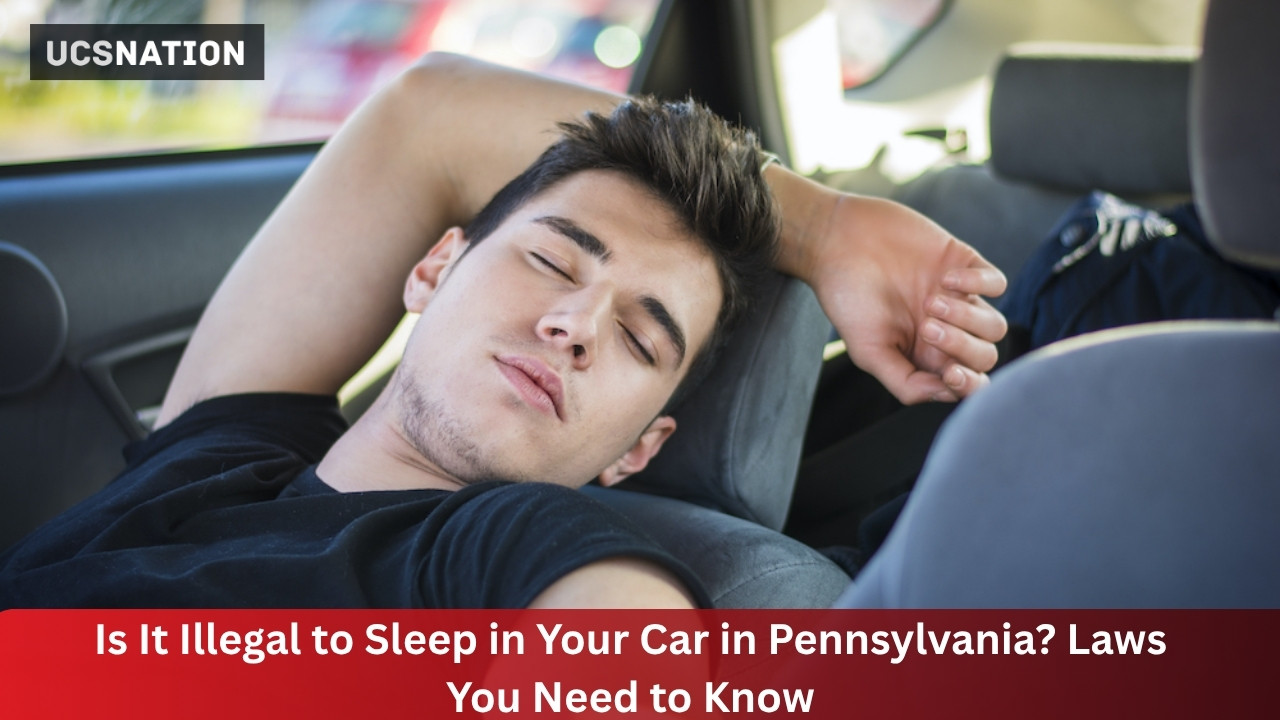
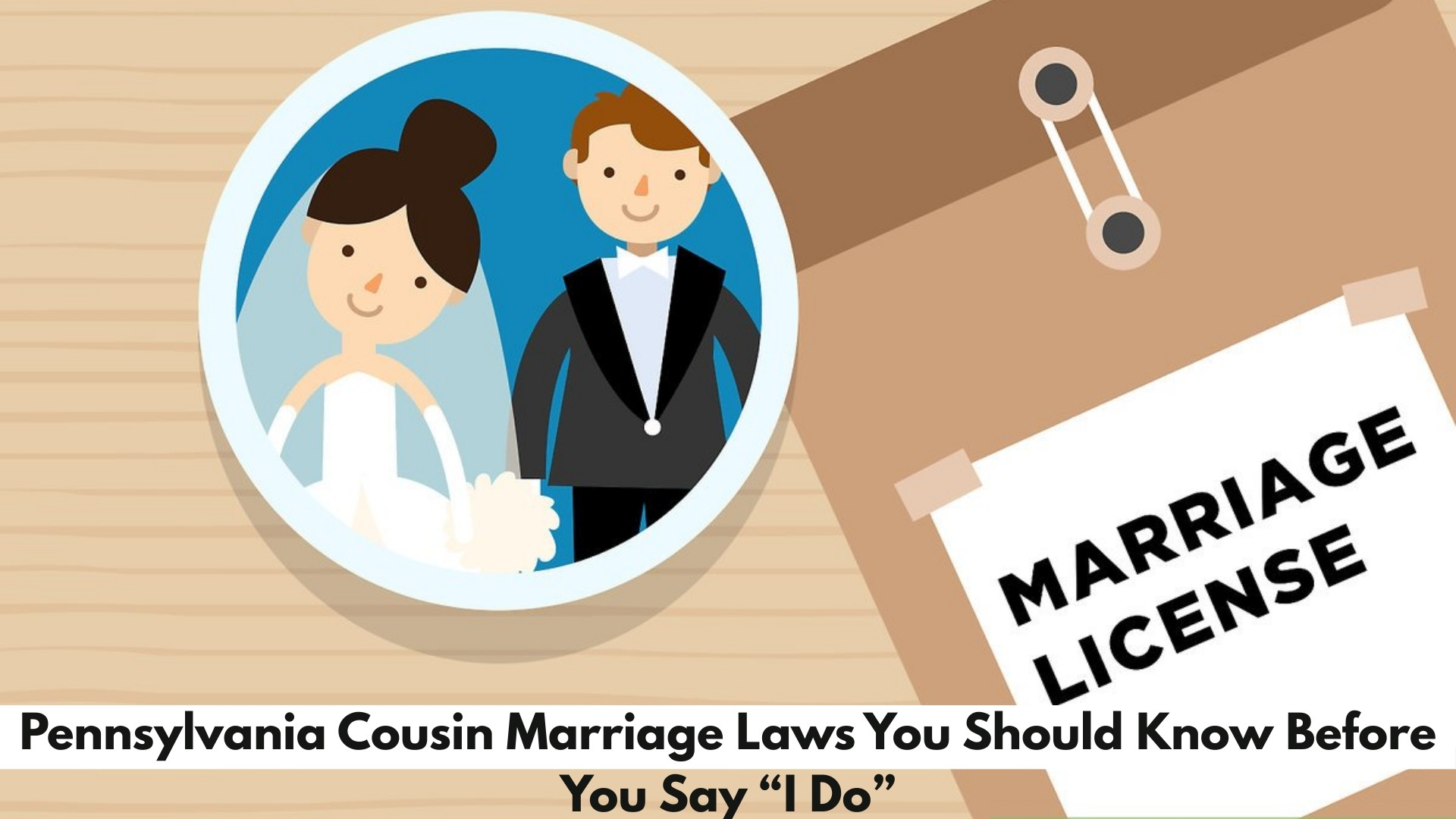




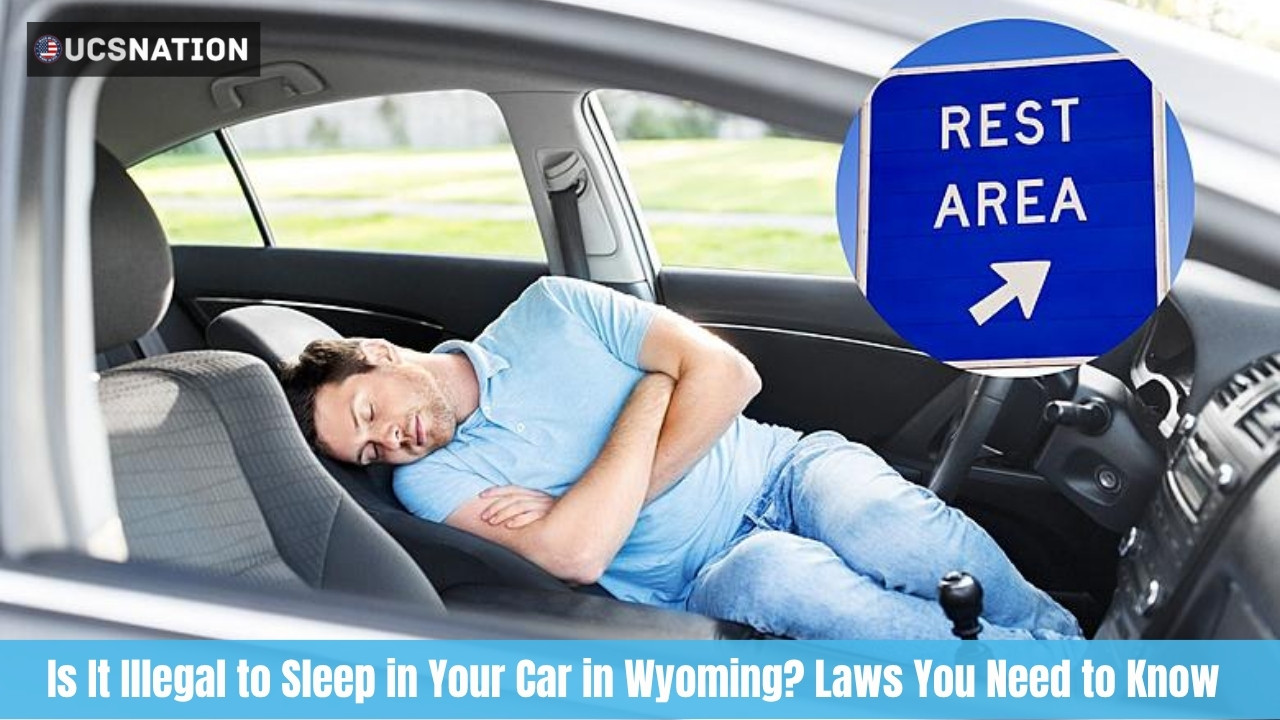
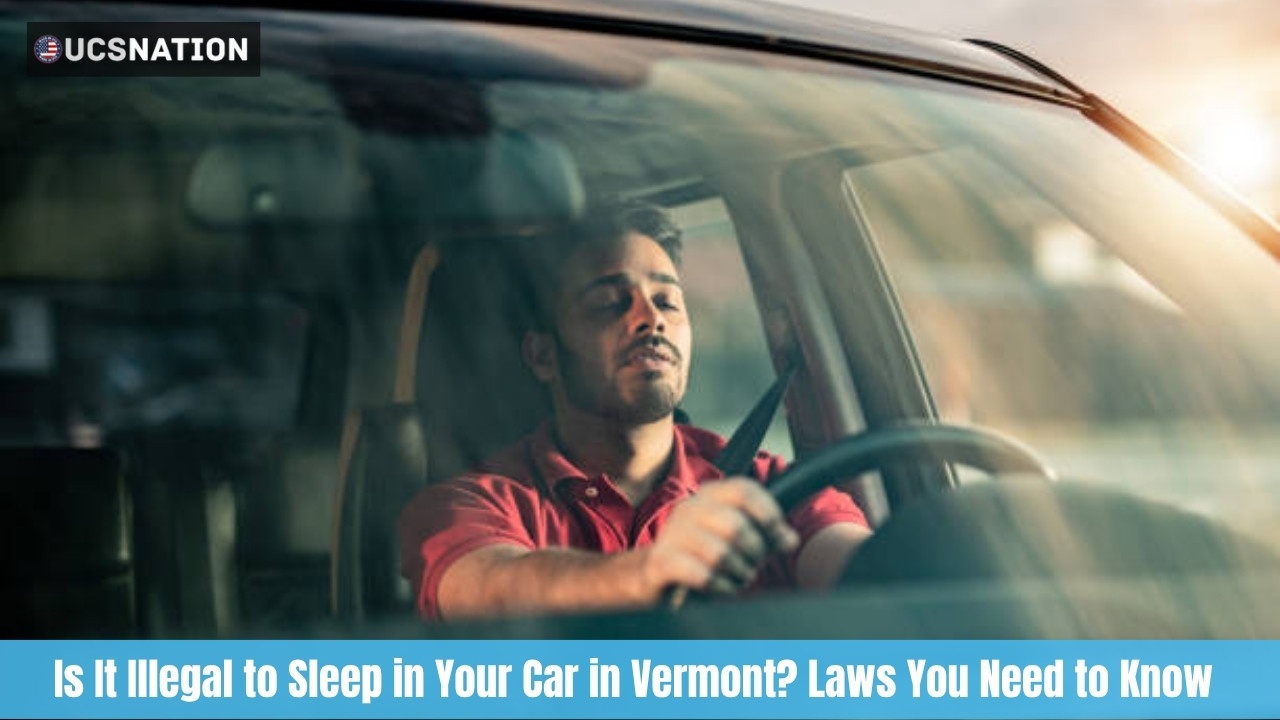
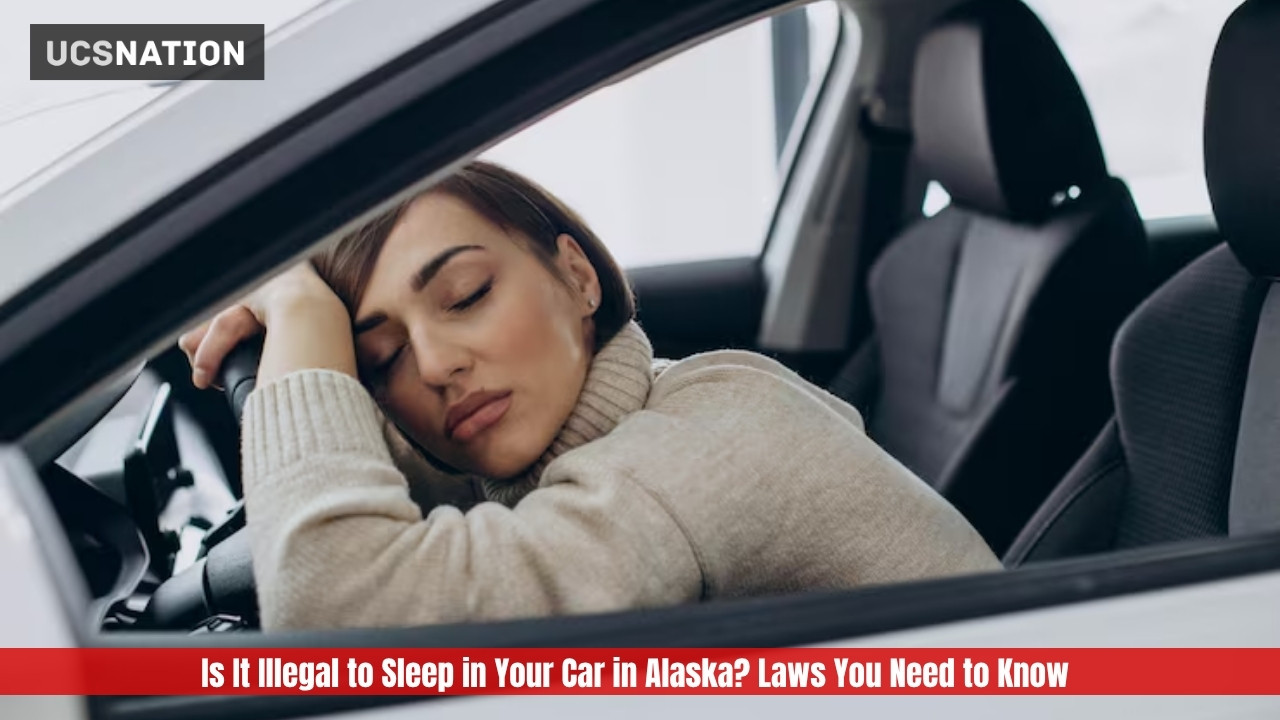
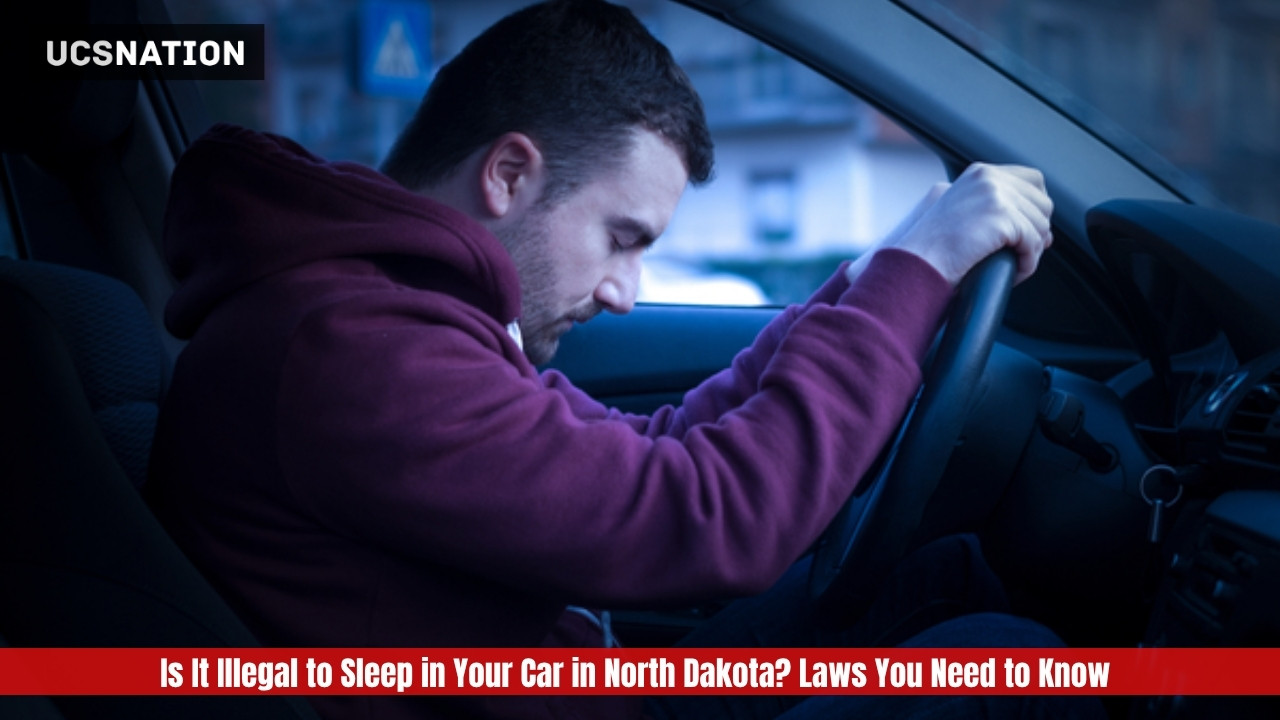
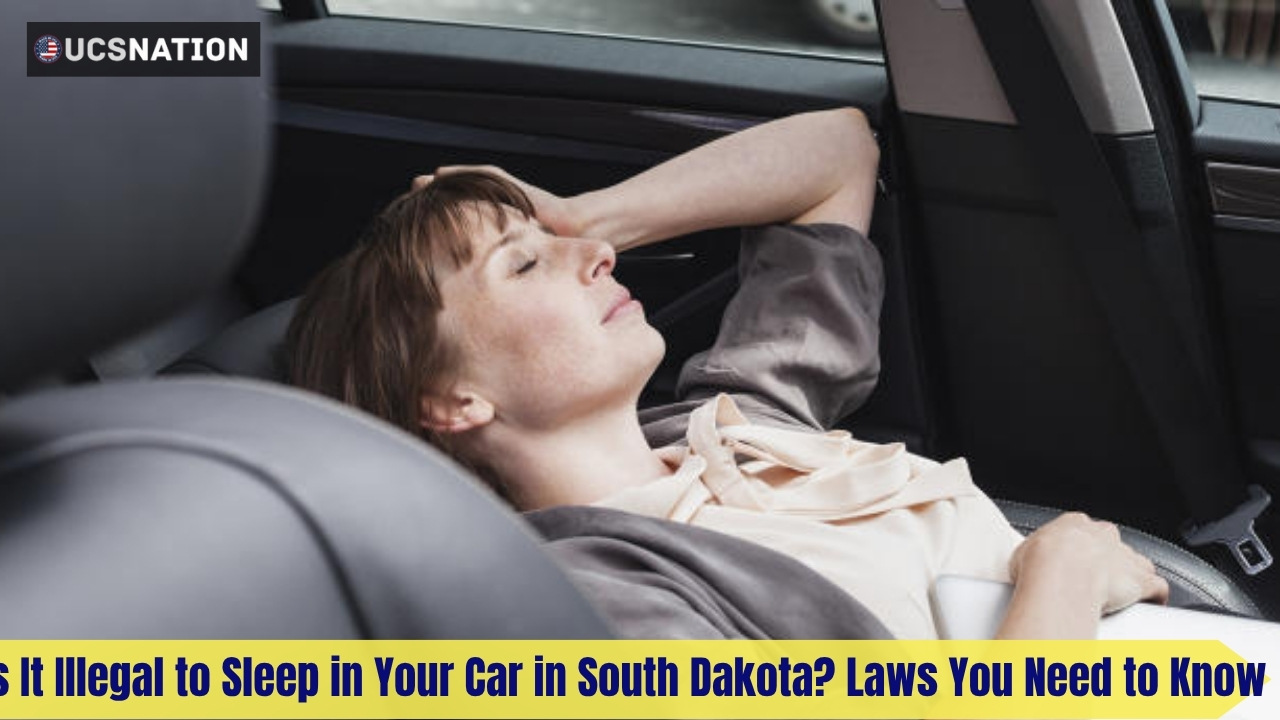




Neil
Would appreciate a little editing for organization, instead of repeating the same facts a half dozen times.